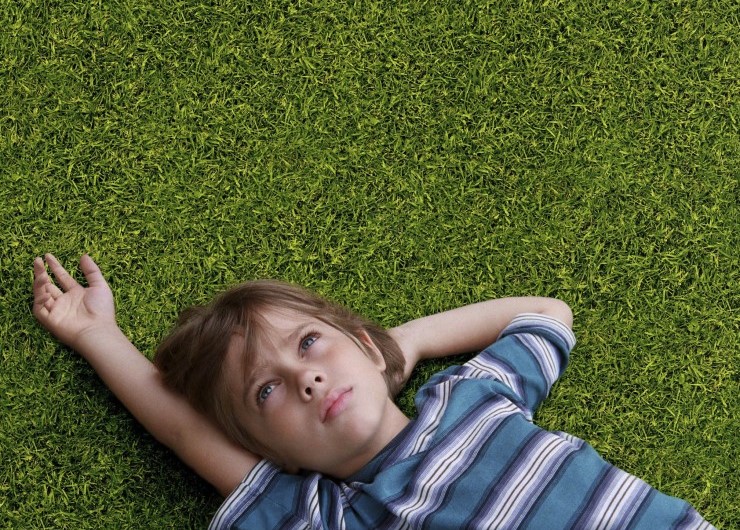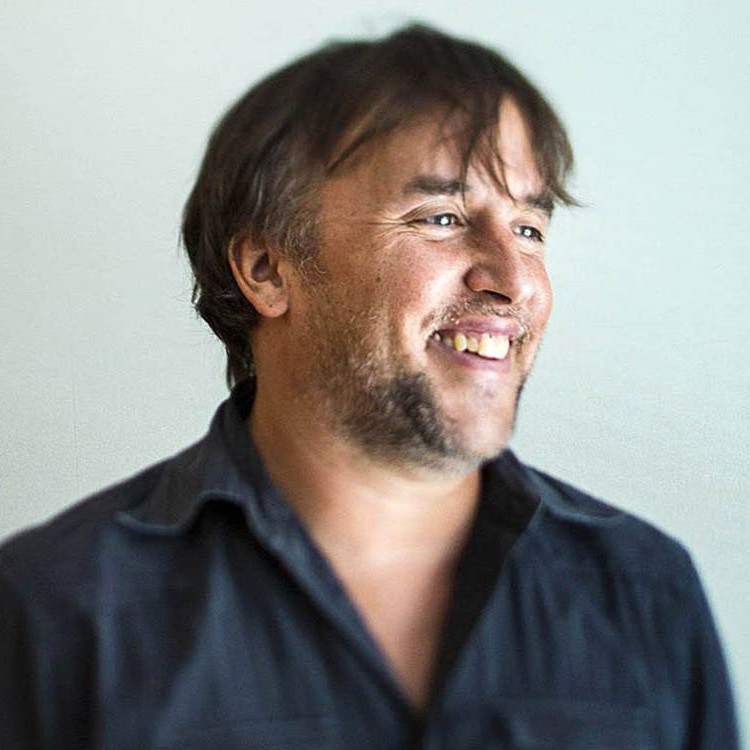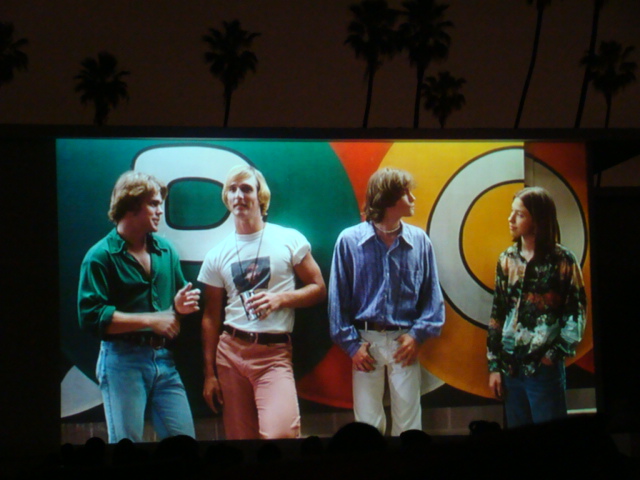Richard Linklater’s 2014 epic Boyhood is a mesmerizingly poignant coming-of-age tale capturing twelve years in the life of a boy growing up in Texas. A self-confessed autobiographical film, Linklater encapsulates his upbringing in 1970s Houston against an early 21st-century backdrop through Ellar Coltrane’s distinguished performance.
Beginning in the late 80s, Linklater’s directorial career is filled with tales revolving around suburban life, uniquely emphasising the passage of time. Filmed from 2002-2013, Boyhood epitomises this: reconvening the same cast every year to film a relatively short sequence that, when completed, come together in a feature-length film delving deep into the life of Mason from age seven until starting university.
Whilst not all of Boyhood’s scenes explore milestones expected in a coming-of-age film, each is vital in forming the intimate landscape of the characters’ lives. Linklater’s trademark style of minimal camera movements and lengthy dialogue scenes allow us to feel as though we are eavesdropping, briefly permitted to observe these personal moments. We see this in some of his other notable works, which cleverly allow us into characters’ lives for just a matter of hours. In Dazed and Confused (1993), we follow a group of teenagers on their last day of school. Watching the evening pan out in almost real-time lets us experience even the more mundane goings-on, making the human interactions ultimately more human. With an overwhelming sense of nostalgia, we relive the rush of excitement at leaving school for the final time. We feel the anticipation as the characters prepare for a party that night, made all the more evocative when watched in lockdown.
As with Dazed and Confused, each film in Linklater’s Before trilogy centres around the same couple for a few hours. Filmed nine years apart, however, and using the same cast, we see their minute interactions as they occur, but also the bigger picture of their lives over eighteen years. Boyhood exaggerates this further: we see Mason every year, whilst also observing entire conversations he has at these stages of his life. Immersing yourself in the film enables you to understand Linklater’s narrative process: an easy to overlook discussion on Star Wars whilst camping is vital to progress Mason’s relationship with his father, becoming less inhibited as he got older and as his other father-figures became increasingly more destructive.
Other timestamps put the film in perspective for us – the years can begin to roll into one, especially as Coltrane ages slowly at the beginning, with only a new haircut signifying a change of year. But seeing Mason queue for the release of Harry Potter and the Half-Blood Prince or put up signs for Obama’s first presidential election campaign brings us back to real life. These events come around alarmingly quickly though, and as with our own lives, we have to pause and think where the time has gone. As the years roll by, we learn so much about the characters that our lives seem attached to theirs forever. Seeing such a broad scope of one person makes it easy to connect with Mason. Many of the milestone events we see him go through have a huge amount of overlap with our own lives, something Boyhood captures uncannily well, despite being yet another coming-of-age story told from the perspective of the white male gaze.
The film came out when I was thirteen – halfway through Mason’s on-screen life. Without actively meaning too, I have probably watched it every year since then, and it has been my favourite film for most of those years. Re-watching it as I got older meant the film became even more remarkable. It culminates in Mason’s arrival at university, and the briefness of this scene is just enough. For younger me, it signified that there was an ending: going to university was a possibility. Far more interestingly though, I have now re-watched Boyhood twice since starting university. I have been slowly inching towards the end of Mason’s on-screen life and finally surpassing him is a strange feeling. Where is there to go now? I am in unchartered territory, mildly mourning the loss of those years in my life.
However, Boyhood is very much a coming-of-age tale for the other characters as well. One day I will reach the age of his parents – will I begin to relate to them more? Mason’s mother, played by Patricia Arquette, lists the milestones she’s been through in her heart-rendering final scene, realising that the only one left is her funeral. But can we really distil life down into a series of checkpoints?
Recently, it has felt like our lives are on hold. We think about all the things we have done, and all the things we will do. Undoubtedly it is hard to consider the things we are doing right now. If the COVID-19 pandemic had occurred in Mason’s lifetime, it would have been fifteen minutes of his life to us. Though it might not feel like we have progressed in the last year, it will have shaped us regardless. Whilst it may seem trivial to think of my own life this way, in the future this period will just feel like a snapshot, a time I had to get through. Linklater’s unique method of storytelling makes this all the more apparent, and while life certainly is not a movie, his films intelligently show us the importance of even the small moments in life.
Featured image: Global Panorama via Flickr (edits made)



